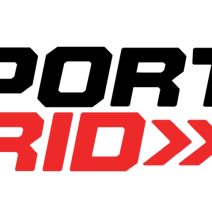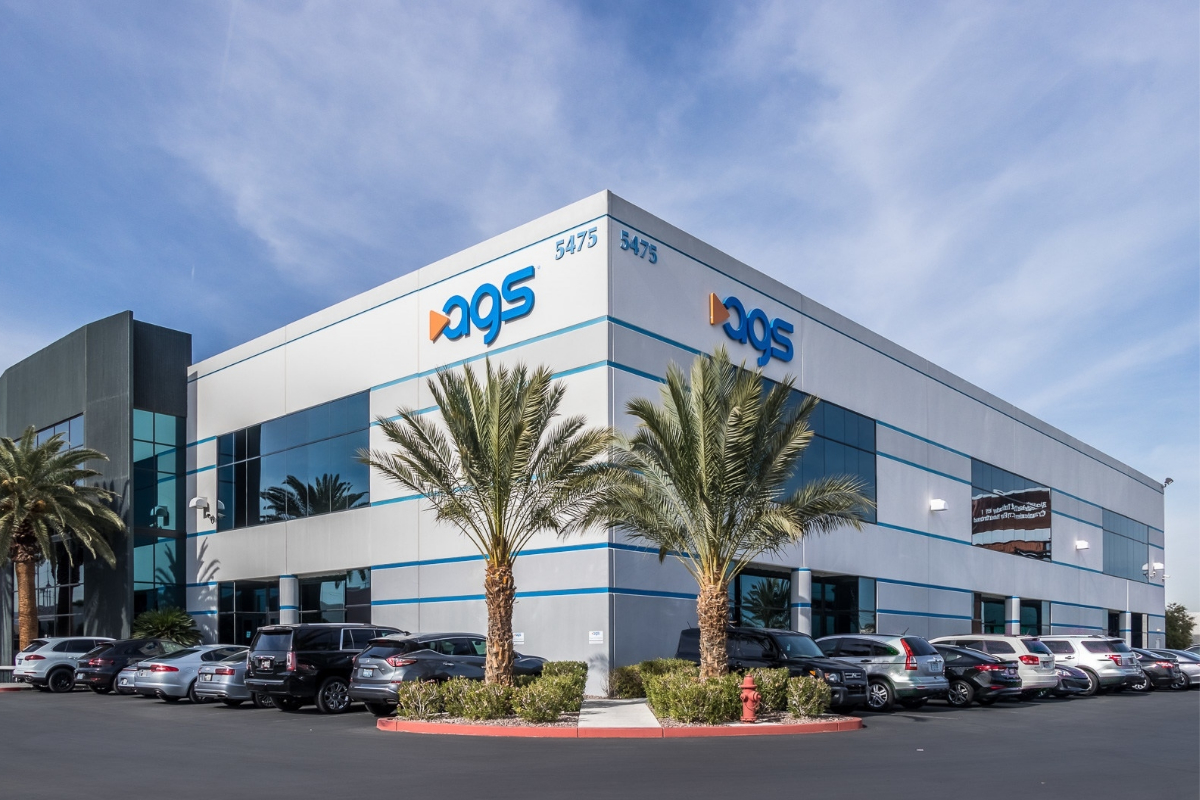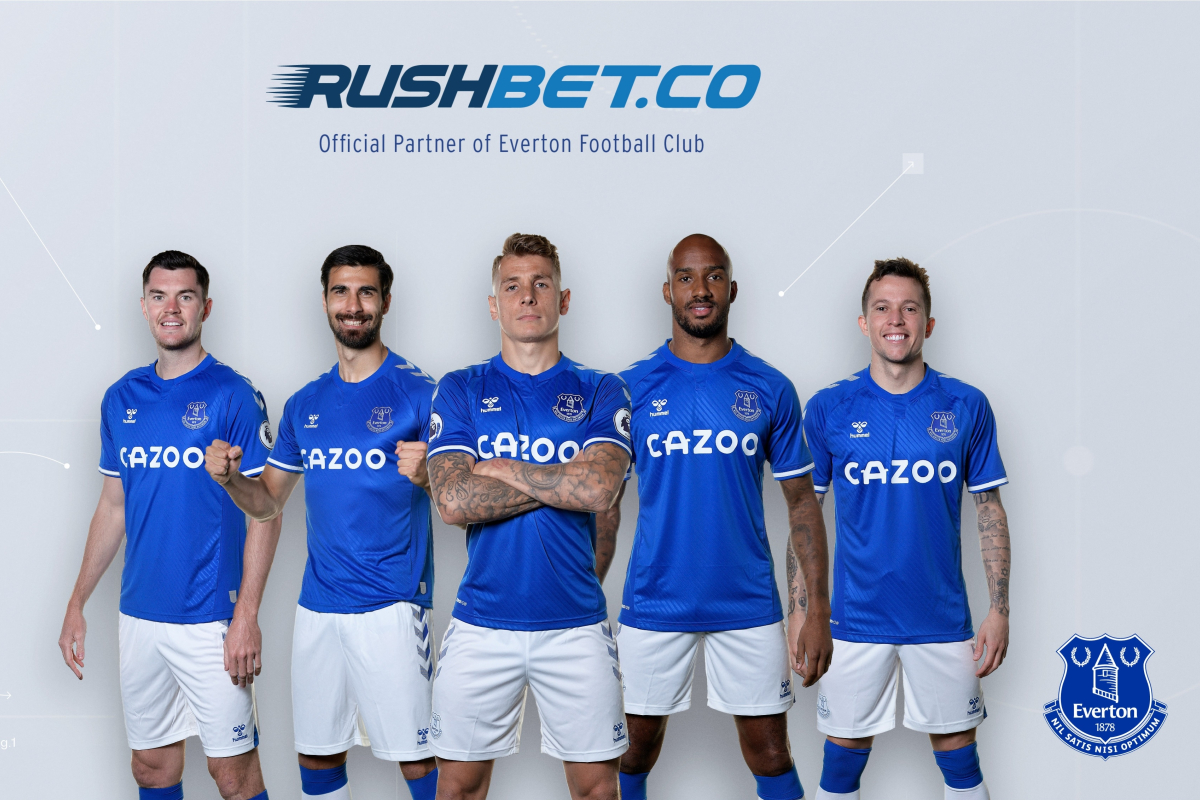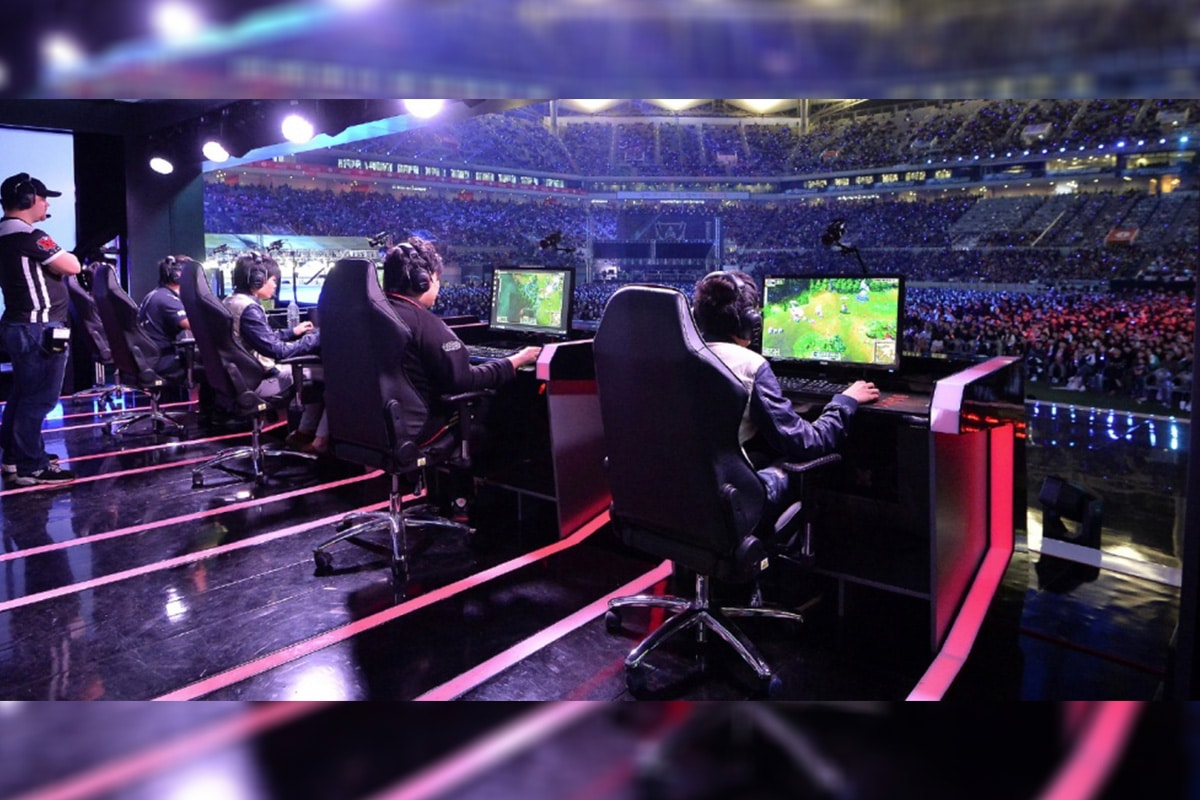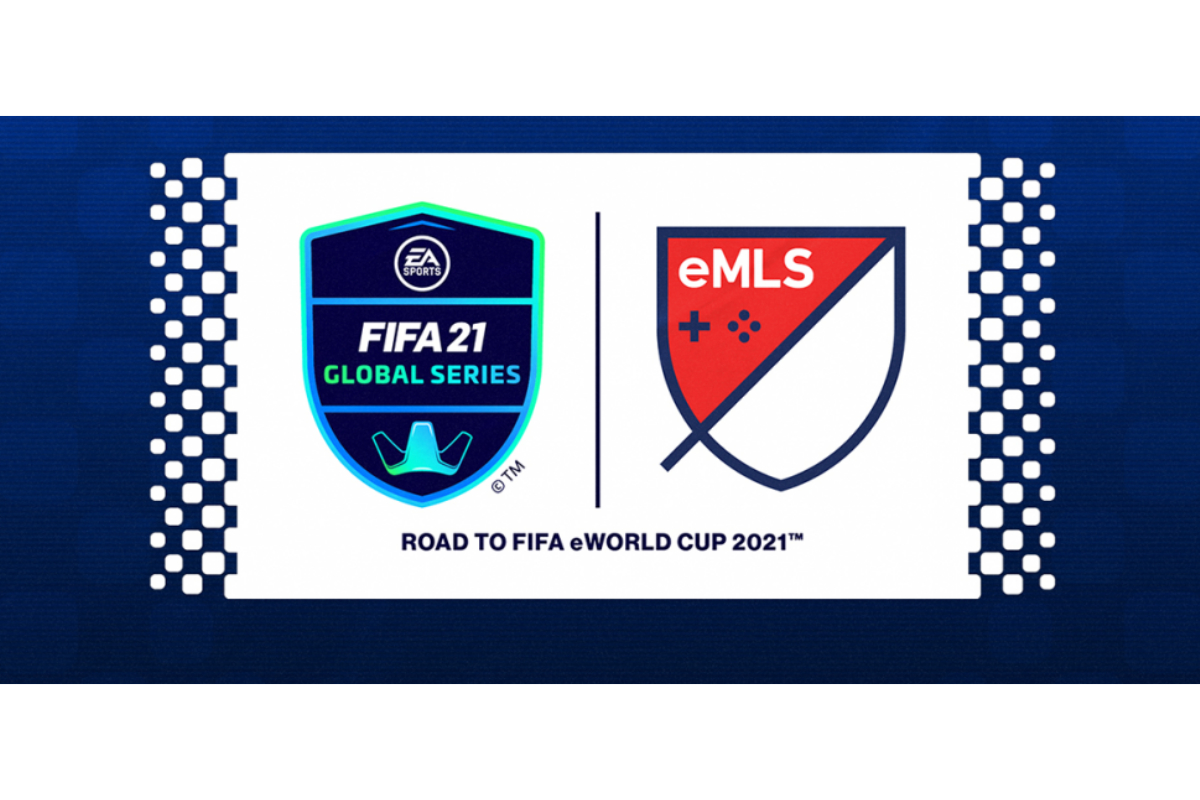
MLS and Electronic Arts Announce 2021 eMLS – New Online Format to Feature 27 MLS Clubs, New
Major League Soccer (MLS) and Electronic Arts announced the competitive schedule and new online format for the 2021 season of eMLS, Major League Soccer’s esports league. The season will feature a $70,000 prize pool and will be headlined by eMLS Cup presented by Coca-Cola on March 20-21. Competition will occur on EA SPORTS™ FIFA 21 and will be played exclusively on PlayStation®4 (PS4).
With the health and safety of all participants at the forefront, the entirety of the 2021 competitive eMLS season will be online. Two clubs are new to eMLS next season – Inter Miami CF and Saint Louis City SC – which puts total club participation at 27. Each Club is represented by a professional FIFA player in all eMLS competitions in a quest to be crowned the best FIFA ‘21 player in North America. Some Clubs are retaining their FIFA player from last season while other Clubs will be signing new players.
“With an expanded roster of clubs and the return of many of our top competitors, we’re excited to announce our 2021 eMLS season,” said Camilo Durana, Senior Vice President of Properties and Events, Major League Soccer. “eMLS has become a successful and important part of our annual calendar, enabling our League and clubs to connect with fans across North America and all over the world, while highlighting our most exciting players. With the continued and enhancing support of our partners and increasingly competitive field, this eMLS season promises to be our best season yet.”
“The popularity of the eMLS continues to grow as this marquee tournament is another example of FIFA’s elevation into a tier one esport,” said Brent Koning, Group Director & FIFA Competitive Gaming Commissioner. “Our partnership with MLS and the 27 MLS clubs provides another engaging avenue for attracting new fans and partners to the sport through compelling competition.”
The 2021 eMLS season will be comprised of three live-streamed tournaments that each take place over the course of two days, doubling the content hours of the 2020 eMLS season.
The season will kick off in January with eMLS League Series One presented by Coca-Cola, continue in February with eMLS League Two presented by Coca-Cola and conclude in March with eMLS Cup presented by Coca-Cola. Ahead of each League Series, all 27 Clubs will play in online qualifier games with the top 8 Clubs in points making it to the respective League Series knockout tournament. After League Series concludes, the top 11 Clubs in total points will automatically qualify for eMLS Cup. The remaining 16 Clubs will compete in a Last Chance Qualifier tournament to battle for the final 12th seed of eMLS Cup. The New York Red Bull’s eMLS competitor, George Adamou, is the reigning eMLS Cup champion from 2020.
2021 eMLS Season Schedule:
● Jan. 16-17 – League Series One
● Feb. 13-14 – League Series Two
● March 20-21 – eMLS Cup
Fans can tune in to all three competitions (detailed below) on Twitch.tv/MLS, Twitter.com/MLS and MLSsoccer.com.
eMLS is an Official League Partner of the EA SPORTS™ FIFA Global Series – the global competitive FIFA ecosystem – whereby players can advance from the FIFA 21 Global Series Playoffs to the FIFA eWorld Cup. The Global Series shifted to a completely online format and will be region-based in 2021. eMLS is a Tier 1 League Qualifier for the North America region which enables the top three finishers at eMLS Cup to receive direct seats to the PS4™ Global Series North America Regional Playoffs.
eMLS players finished the FIFA 20 global competitive season in strong form and will look to keep up the momentum for FIFA 21. FC Cincinnati’s eMLS player, FCC Fiddle, and Atlanta United’s eMLS player, Paulo Neto, were champions of the North America and South America EA SPORTS™ FIFA 20 Summer Cups, respectively. With these two trophies, eMLS finished the FIFA 20 season with more regional titles than any other domestic soccer league in the world.
New this season, JLab becomes the official audio and microphone partner of eMLS and competitors will wear JLab Play headphones and use Talk Microphones. eMLS competitions will also feature SCUF Gaming controllers. Specializing in high-performance customized gaming controllers and accessories, SCUF controllers enable gamers to improve their gameplay by completely redefining control.
Cheez-It® & Pringles® are returning as the Official Snack Partner of eMLS and will be the presenting partner of eMLS Player Lounges and eMLS Player Profiles, a digital series highlighting the player’s personal stories. PlayStation® continues its partnership as the Official Console Partner. Coca-Cola continues its partnership as the Official Carbonated Beverages and Water Partner and will be the presenting partner of eMLS League Series and eMLS Cup.


